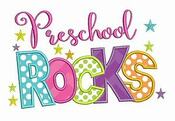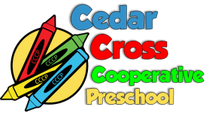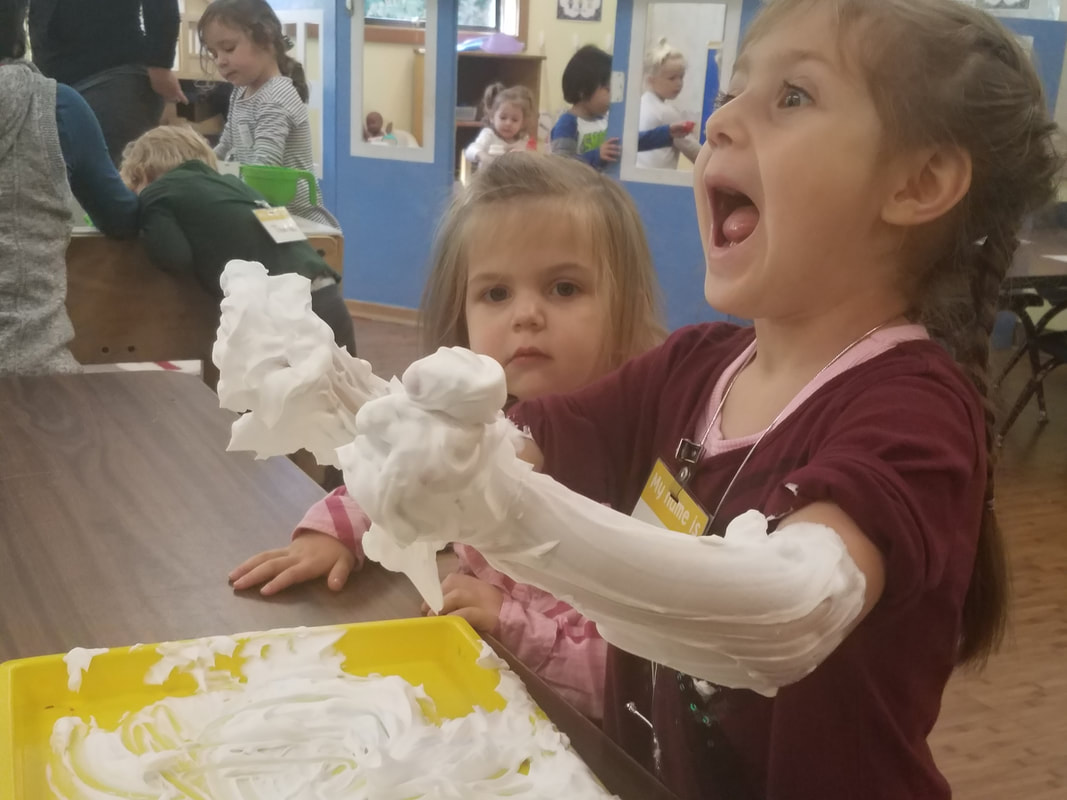Learning Through Play and the Importance of Early Education
Preschool is important because it promotes the social and intellectual development of children and their language literacy. Preschool offers a place where children can have a sense of community and enables them to figure out how to handle social conflicts. Teachers will help the children find a solution that is acceptable to all participants and offers an environment that offers opportunities for both cooperative and associative play. Preschool is a time for experimentation. The preschool environment should be full of opportunities for the children to work with and figure out science and math concepts. Reading stories aloud and having all types of art materials readily available promotes language skills..
What kind of learning is promoted at Cedar Cross?

Cedar Cross is a developmental preschool with a clear belief that children learn best through play. Our curriculum is set up in a way where the learning experience is embedded in our environment and activities.
For instance, during the month of October some of the activities the children have the opportunity to explore are…
Through these activities and many more the children’s learning soars. Connecting all of these skills through different applications that are seen purely as play to the children and having the teacher and parents asking the right questions throughout the process allows for a deeper more enriched learning experience for our preschoolers.
For instance, during the month of October some of the activities the children have the opportunity to explore are…
- Playing at the sensory table with dirt, shovels, tiny pumpkins, etc… which enhances their math and fine motor skills. How many pumpkins have you buried in a row? And how many of them will fit in the wheel barrel? Are common questions that are asked to the child to help them bring their experience and learning to the next level.
- Visit a pumpkin patch and draw/dictate memories of their experience. This is a great social development experience and also gives value to the children’s memories and promotes language art skills.
- Graph pumpkins and sizes which again help with building math skills.
- Child does not need to be potty trained
- Listen to books and sing songs, which enhance language arts learning.
Through these activities and many more the children’s learning soars. Connecting all of these skills through different applications that are seen purely as play to the children and having the teacher and parents asking the right questions throughout the process allows for a deeper more enriched learning experience for our preschoolers.
What values are derived in the different play centers?
|
Art Center
Experimentation Creative expression Comparison Sensory exploration Stimulation of imagination Development of eye-hand coordination Small muscle control (prewriting) Development in three stages of art (manipulation, patterning, and representation) Dramatic Play Center Role playing Expression of feelings Develops language and imagination (pre-reading) Develops a sense of real and pretend Block Center Sense of position and direction Concept of space Balance Vocabulary development Problem solving Patterning (pre-math) Shape awareness Role playing Mathematics Center Conservation of numbers Math vocabulary Comparisons Following directions Number/Amount discovery Matching numerals Rote counting Sensory/Play dough Center Understanding of space, weight and volume Comparisons Tactile exploration Outlet for emotional release Vocabulary development |
Science/Cooking Center
Observation and verbalization skills Identification and classification Problem solving techniques Measurement Observing element changes Make meaning for themselves Seriation – conservation, ordering, ranking and sequential arrangement Book/Language Centers (along with Circle time and backpack activity) Builds vocabulary Sense of phrasing, rhythm and rhyming Sequence of events – logical sequencing Relate/recount a story Taking turns Listening Dictating stories Symbol to spoken word representation Alphabet recognition Visual skill development Patterning Develops word and sentence usage Manipulative Center Visual-motor and eye-hand coordination small muscle development Patterning Kinesthetic development Prewriting Large Motor Play Gross motor skills Sense of balance and coordination Sense of laterality Skill in jumping, running, skipping, and hopping Creative movement opportunity Music Activities Sense of rhythm Rhyming sounds Form of self-expression Learning of basic skills (counting, alphabet) Vocabulary development |
About Cedar Cross United MethodistCedar Cross is an active church that is re-energized by the love of Christ. We have a diverse membership of adults, seniors, youth, and children of all ages! We have a strong Sunday school curriculum for children, youth and adults. Our worship services offer many ways to help you deepen your spiritual awareness of God’s work in us, in our community and world.
We are pleased that you are interested in Cedar Cross United Methodist Church. As we continue our walk with the Lord, we welcome you to come and join use as we share in the love and joy of being a part of the body of Christ. |
Contact Us Call us TODAY! (425) 338-7845 EXT 2
Email: [email protected] Located: 1210 132nd St SE, Mill Creek, WA 98012 |
© 2015 Cedar Cross Cooperative Preschool, All rights reserved.

